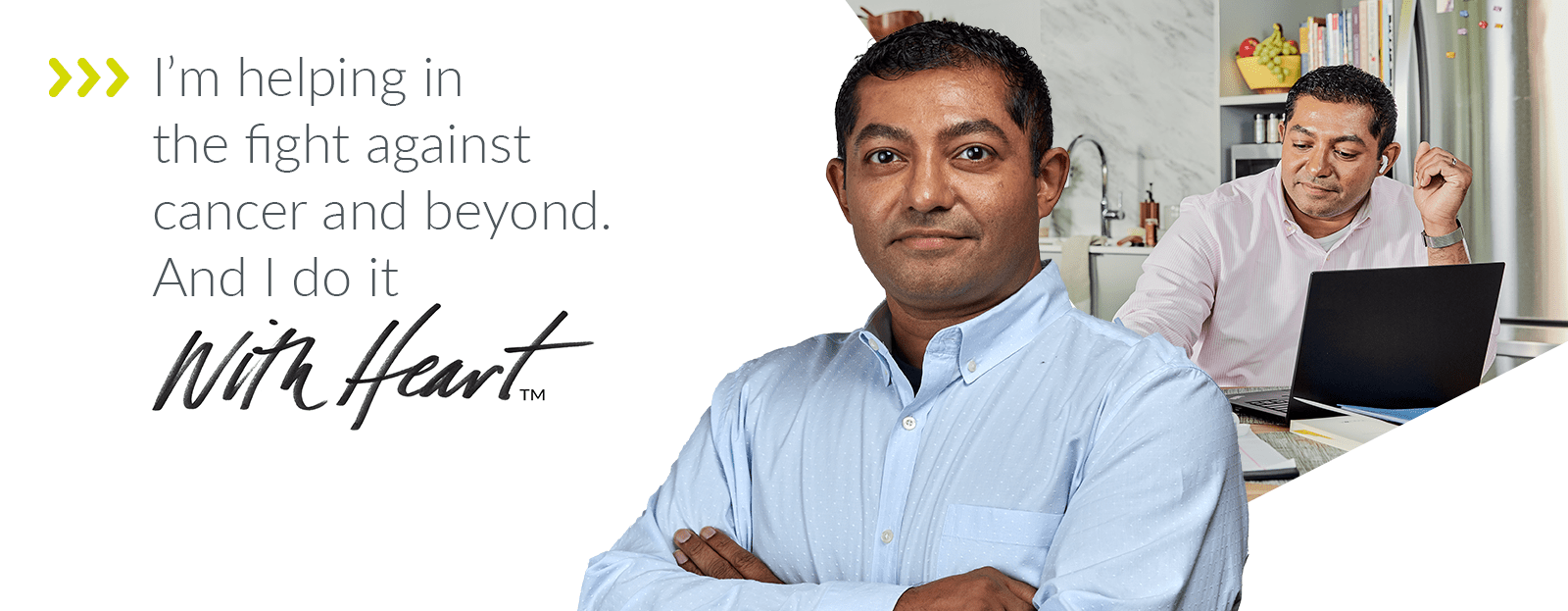Meet Rachel Smith: Global Head of Parexel's Rare Disease Center of Excellence (UK)
"People across Parexel truly embody our core value, 'patients-first' — we really try to understand the needs of the patient, include that in everything that we do and we're pushing the industry to do better."
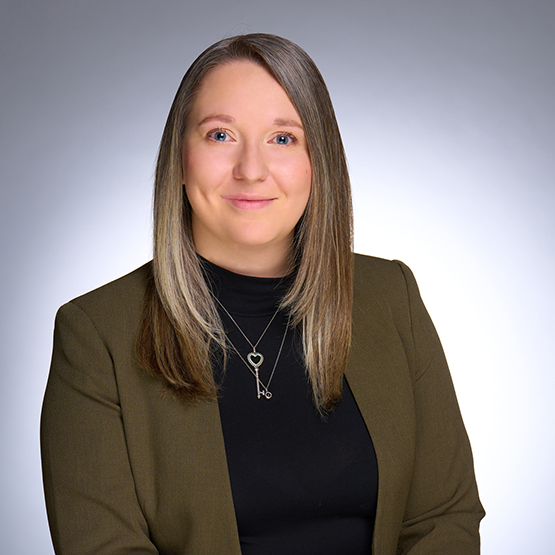
Rachel is dedicated to patient advocacy and advancing the field of rare disease research. At Parexel she drives our patients-first goals by recognizing the unique challenges rare disease patients and their families face through developing innovative solutions to improve patient experiences in clinical trials and patient outcomes. Find out more about the inspiring projects Rachel's team is working on and how her own rare disease diagnosis has given her a new perspective.
- Can you introduce yourself and tell me a little about your new role?
I'm Rachel Smith and I'm the Global Head of Rare Diseases here at Parexel. Not to be biased, but I think I have the best job! My role is to bring all of our wonderful rare disease experts across the entire company together. From regulatory and operations to market access, we bring the best of expertise and strategies to our clients and those who need it the most, the patients. - What are you most passionate about in your role?
One of the fantastic things that I get to do within my role as the Head of Rare Disease is work with nonprofit organizations and foundations that are really helping to support patients who have ultra-rare diseases and honored diseases. They might be one-of-30 in the world, or even the only patient in the world, with this particular condition. One of the organizations we work with is the n-Lorem Foundation. The N-Loren Foundation is a nonprofit that develops Antisense Oligonucleotide Therapies (ASOs), individualized to each patient. Every single patient who's treated with them is a separate clinical trial and has a nano-rare disease that is not commercially viable as a business model, so they don't have any option when it comes to treatments or therapies. We were able to support them and set up their infrastructure to be able to treat these patients.
As of the end of last year (2022), we treated the first patient. She is a little girl with a rare Central Nervous System (CNS) disorder; it was a progressive and neurodegenerative disorder. She wasn't able to walk or stand up by herself, and it really affected her ability. After the first couple of treatments with ASO, she is now standing up by herself, she's now walking and she's now even trying to teach her daddy how to walk and how to stand up.
That's the type of impact that we can have as an organization, and Parexel is the only CRO that I know of that is doing this work and it's incredible to be a part of. It's a good reason to get up and go to work in the morning. - Why did you join Parexel last year?
The reason that I joined Parexel was the Patient-First culture. Patient-centricity is a word that's used a lot when it comes to clinical research, but it's not something that the industry always delivers on. I found it very challenging to work in this industry when you are focused on the project and all the competing interests when actually the end user is the patient. When Everyone at Parexel truly embodies our core value of 'patients-first' and everyone thinks about the patient as part of their overall development strategy — every single person right from Jamie Macdonald (CEO) to the individuals that are on the ground delivering these trials, monitoring these trials and doing the data management. We really try to understand the needs of the patient and we include that in everything that we are doing, and we're pushing the industry to do better. It's not something I've seen routinely in the industry, and so it's incredible to be part of a company that reflects that and that's why I joined Parexel.
We're putting our money where our mouth is. We're putting a lot of investment into patient-first initiatives and innovation which isn't necessarily going to get an immediate return on investment, but we're doing it because it's the right thing to do for the patients. Also, I think there's certainly an ROI when it comes to what we're doing with n-Lorem and what we're doing across the business in Rare Disease as well. -
Can you share an example of the initiatives our Rare Disease Center of Excellence is working on?
- In one of our own research programs on Central Nervous System (CNS) rare diseases, like ALS, Duchenne muscular dystrophy, myasthenia gravis, and Huntington's disease, we are speaking with patients, caregivers, and key opinion leaders worldwide. We learn about their daily challenges, diagnosis experiences, perceptions of clinical trials, and more. These are conditions where there are very few treatments available on the market and certainly no cures. Thereby patients are engaged in research, but we must remember they are giving up their time and money. We aim to reduce their burden when participating, by incorporating their day-to-day into clinical trials. Our research project helps us create unique solutions for this purpose.
We spoke with a mother of four children, one of whom has Duchenne. She works while caring for her unaffected children and the child with Duchenne who requires a lot of attention. We discussed practical matters such as childcare when she takes her son to a clinical trial visit. It's important to remember that these patients have lives outside of healthcare, and we need to consider this in everything we do at Parexel. - Another interesting project revolves around us working with clients from all over the world, including biotech, pharmaceutical, biopharma, and nonprofit foundations. This gives us a unique understanding of the needs of the rare disease community. We are partnered with Every Life Foundation in the US and EURORDIS in Europe and actively working with them to push forward new legislation and make a difference for rare disease patients. We are not just focused on delivering clinical trials, but also on improving rare disease patients' everyday lives and not just when it comes to the intersectionality of trials and healthcare.
- Recently you got diagnosed with a rare disease yourself, would you like to share about it?
For over 12 years my career has been involved in of rare diseases - from working with patients, parents, and caregivers - it has been a remarkable and incredible experience. Ironically, as I started my Head of Rare Disease role at Parexel, I was diagnosed with a rare disease myself, congenital pernicious anemia, an autoimmune disease that prevents my body from absorbing vitamin B12. It took five years to diagnose after my symptoms of fatigue, paresthesia, and extreme tiredness were initially dismissed. It was put down to hormones because being a woman everything tends to get put down to hormones, it was put down to stress in my life as I lost my dad to lung cancer in the midst of a pandemic and there was little support around us, and I was told I had depression. By chance, my red blood cells' abnormal shape led to the diagnosis. I'm lucky to have a treatment available, but it's only symptomatic and hasn't changed since the 1950s. That is actually fairly common in rare disease treatment. Once there is a treatment it doesn't get investigated further, which has given me a new perspective on rare diseases and their challenges.
I think what's been incredible is how supportive Parexel has been. I am extremely busy with my work at the Rare Disease Center of Excellence, but I'm afforded the flexibility to be able to start my day later if I have a morning where I just really can't get up or need to take a little bit of time out in the day. I don't feel like I have to let my manager know if I'm going to be starting work late and it's just accepted that I'll get my work done when it's right for me. What's been incredible is that I've met many people throughout the organization that have been impacted by rare diseases. Rare is not rare when it comes to the collective group! Every single person I've spoken to feels an equal amount of support from Parexel as an organization, which is truly special. - What do you like to do outside of work?
Before my diagnosis, I was super active and used to like to run. Unfortunately, I haven't gotten right back to the running yet, but I'm an avid walker and hiker. I have a lovely little puppy who is my hiking buddy, and we go out most days for a walk in the beautiful countryside where we live in the UK.
I'm also obsessed with sports, particularly football. I say football, not soccer because I'm British. I'm a season ticket holder for Brighton Hove Albion and will literally follow them for both home and away games. I love my football! It really gives me an opportunity to just completely relax and be part of a community, which is amazing. We're doing quite well this season, so I've been happy. Since we moved to the countryside, I travel about 4 1/2 hours every weekend to see my club play so it's a big commitment, but also a good opportunity to spend time with my husband.
Do you want to work with the patient in mind? Look for suitable positions here.
If you enjoyed Rachel's story, share it with your networks via the below links.
Explore more about Parexel
-
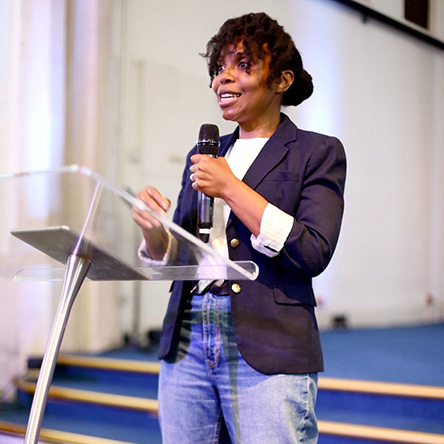
Xoli shares about her role in the Patient Innovation Center & Diversity, Equity and Inclusion
Xoli, has been with Parexel since 2006 and she recently transitioned to being Senior Director in our Patient Innovation Center. We talked to her about her new role and her Diversity, Equity and Inclusion work at Parexel
-
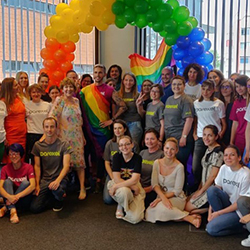
Diversity, Equity & Inclusion
Find out about our people, committees, leadership development, strategy, and awards at Parexel and how we embrace DE&I
-
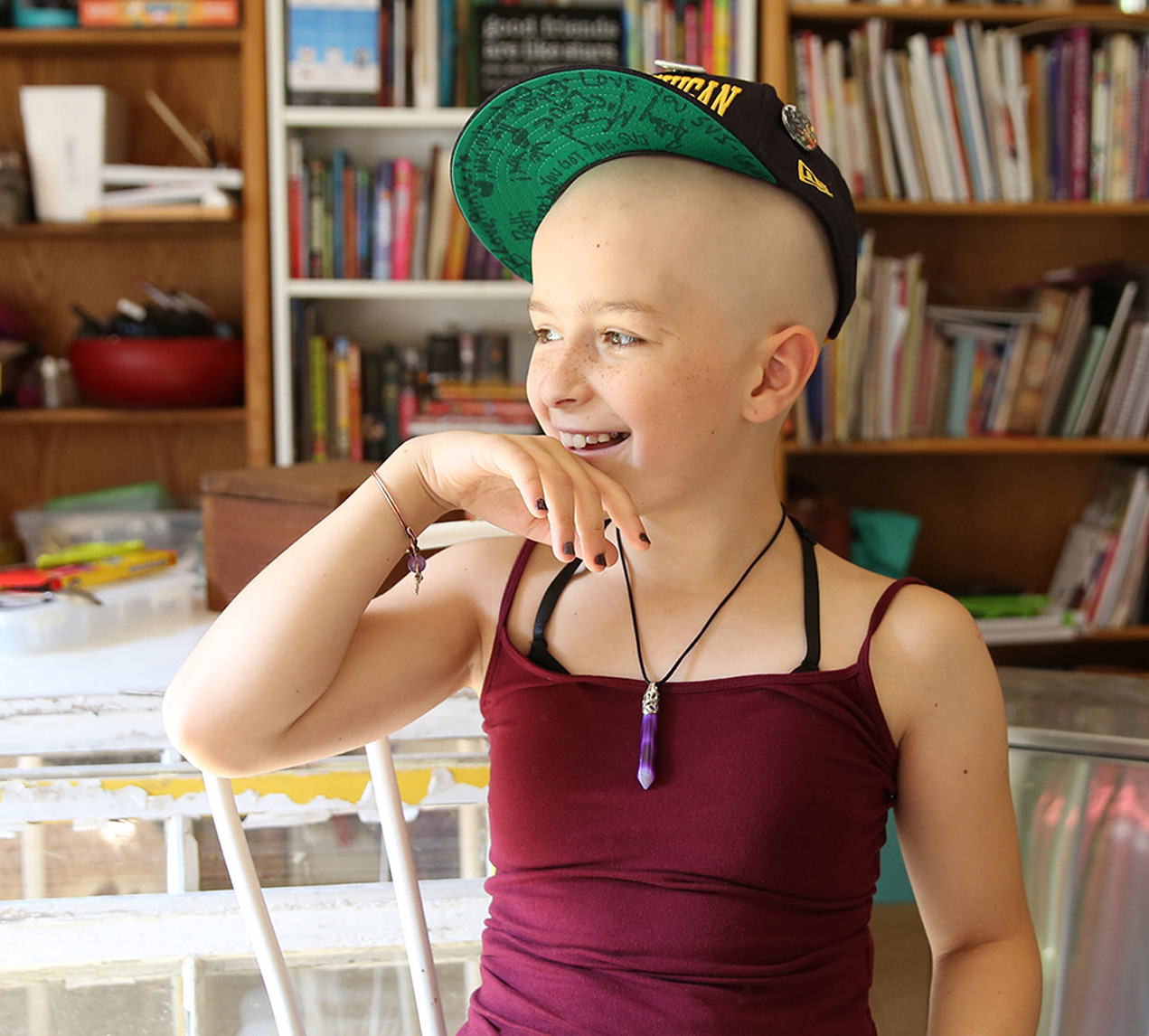
Our Core Values
We’re not just the people with brains, we’re the people with heart.
Featured jobs
- Global Study Manager/Global Trial Manager - Remote - FSP United Kingdom, Remote
- Senior Clinical Research Associate I France, Remote
- Senior Clinical Research Associate - FSP Germany, Remote
- Senior Analyst, Site Contracts and Budgets - Spain - FSP Spain, Remote
- Feasibility Specialist (Sr Associate) - FSP (Chinese Speaker) Australia, Remote
